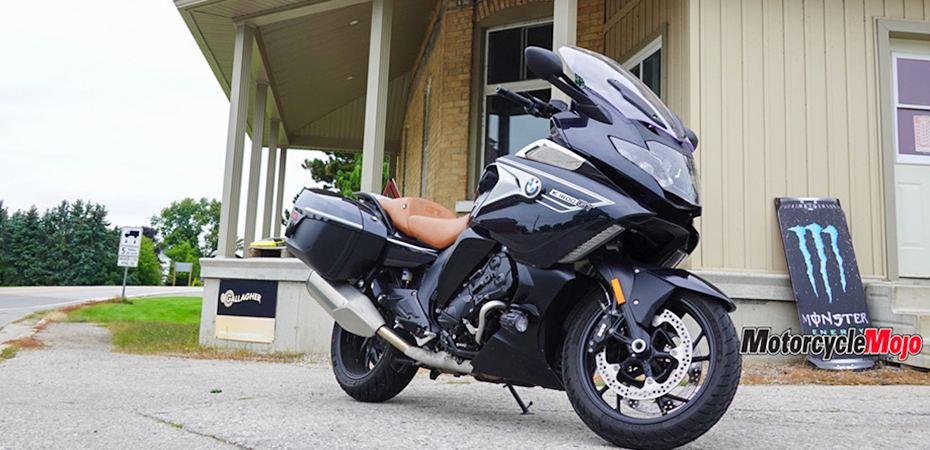There’s just something about a six-pack symphony of pistons on the open road.
Motorcycling is all about minimalism. Or at least we like to pretend it is. Of course, if that were really true, we’d all be riding unfaired single-cylinder motorcycles stripped to the bone and devoid of any but the most modest of modernities.
Though they be enjoying a modest resurgence, one-lungers are hardly the most aspirational — or even the most mainstream — motorcycles these days. More common are twins, a few inline-threes and, of course, the inline-four has become the ultimate UJM (Universal Japanese Motorcycle).
Six-cylinder motorcycles, however, remain as rare as a BSA without an oil leak. Oh, Honda raced some 250- and 297-cc inline-sixes during the ’50’s and ’60s and produced its now-cherished-but-then-widely-ignored CBX in the early ’80s. Though pretty much now forgotten, Kawasaki did have a thoroughly beastly KZ1300 in its late ’80s lineup, but it’s mostly remembered for Doug Domokos wheelieing its 800 leaden pounds like a rocketship pointing towards the moon. And yes, all you Italian bike aficionados, Benelli did put out the Sei as well — in both 750 and 900 denominations — but they’re mostly remembered for being cheap carbon copies of Honda’s CB500 Four with two crankpins tacked on the end. None were ultimately very popular. The six-cylinder motorcycle has long been revered, but seldom has it been successful.
LONGEVITY CONTINUES

And it looks to be extended. Unlike so many niche engines — 600-cc supersport fours, many litre superbikes, etc. — that have disappeared as a result of more stringent emissions standards — Euro emissions regs are the usual excuse — BMW has rejigged its big 1,649-cc lump and it’s now clean enough to soldier on for at least three or four more years.
The good news is that horsepower hasn’t been reduced by the shortening of valve timing required. The bad news is that the reduced valve overlap necessitated by the shorter duration, higher-lift cams required to reduce unburnt hydrocarbons from exiting the exhaust means that peak power of 160-hp now occurs at just 6,750 rpm (1,000 rpm lower than previously). Oh, it’ll rev out to 8,000 rpm in the lower gears but there’s not much point as the torque peak is a long way behind.
SIX-CYLINDER HOWL
Nonetheless, the big six is the reason one shells out $29,950 for the big 1600GT. Indescribably smooth and effervescently revvy, even though this…


















